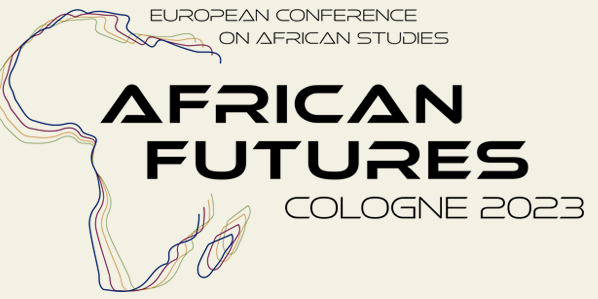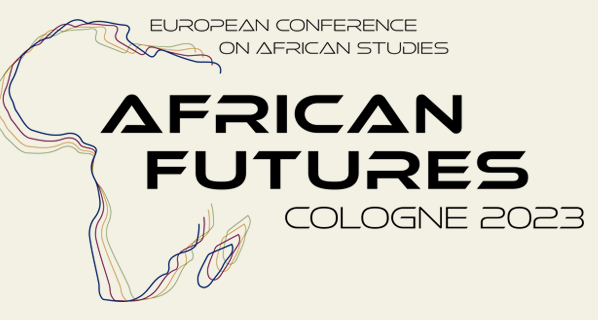University of Cologne “African Futures” aims to explore the continent’s critical engagements with the past, present, and future of Africa’s global entanglements.
FIAN Germany (Friederike Diaby-Pentzlin) together with the Center for Development Research, University Bonn (Wolfram Laube) participate in the Conference on a Panel:
The Topic: African Futures and the Economic Law: Inherited codes, economic sovereignty, and transformative legal initiatives.
Western legal paradigms and economic interests shape Africa`s economic law and international integration. This undermines African ontologies and economic sovereignty, and benefits corporate capitalism. How does economic law determine Africa’s future? Can alternative legal futures be conceived?
Economic law in Africa is often favouring capitalist investments and the exploitation of resources and labour, and the economic sovereignty of African states is often limited. Colonial empires legally organised economies according to their need for labor and resources, or pursued their interest through contracts with less powerful but formally independent communities. Like modern international investment law, trade agreements or intellectual property law, „unequal treaties“ stipulated free trade regimes and the protection of foreign nationals from domestic laws. This created economic dependency and introduced an ontological shift turning land, labor, knowledge and resources into commodities. Important parts of colonial economic legislation have remained valid after independence. Nowadays, global investments, for instance in corporate agriculture, mining or carbon offsetting, nested in (international) economic laws continue to serve corporate interest, and the imperial lifestyles and resource hunger of the Global North or newly industrializing states, respectively.
This panel discusses (neo-) colonial legal structures and power relations and asks: What are the modes of operation and consequences of hegemonic economic law? How are states and/or communities able to resist and enhance their sovereignty? Exist alternative futures that truly benefit African states and local communities? We hope that scholars and activists will discuss the status quo and ways to unlock the current legal system, and point to innovative legal economic regimes, which can help to protect African interests, generate sustainable economic development, and enable alternative African futures, potentially relying on food sovereignty, human rights-based development, local knowledge, agroecology and non-global markets.
Futher information can be accessed here.




